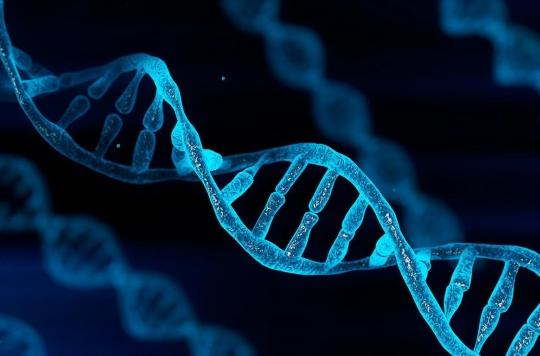To fight well against an enemy, it is necessary to know it well. Scientists have applied this adage to the fight against cancer. They analyzed the tumors of 843 patients to determine if they could benefit from targeted therapies, that is, therapies adapted according to the tumor and its characteristics. Cancer can be defined according to its location (the organ affected), its stage of development, but also genetic alterations at the heart of the tumor.
In their study published in Cancer Discovery, researchers from the Gustave Roussy Institute, Inserm (National Institute of Health and Medical Research) and Paris Sud University wanted to verify that targeted therapies provided medical benefit. “In about half of the patients we have found mutations against which it is possible to act. In the end, around a quarter of the patients were able to receive a targeted therapy and in 33% of these patients the targeted therapy slowed down the disease ”, explains Prof. Jean-Charles Soria, Head of the Department of Therapeutic Innovation and Early Trials. (DITEP) by Gustave Roussy / Inserm U981 / Paris-Sud University.
Targeted therapies versus standard treatments
At the start of the study, the scientists measured the disease progression-free survival time in all patients on standard treatment. Then they compared it to the one under targeted therapy for the participants who were able to benefit from it. They have chosen exclusively the therapies which do not yet have a marketing authorization. They are still in the study phase and can only be administered during a research protocol. “The results of the study are final and decide in favor of genomic analyzes to optimize cancer treatments”, concludes Professor Jean-Charles Soria.
To read also
Cancer: 1st assessment encouraging targeted therapies
Bladder cancer: a targeted treatment for the aggressive form of cancer
Cancer: chance, a major risk factor?


















